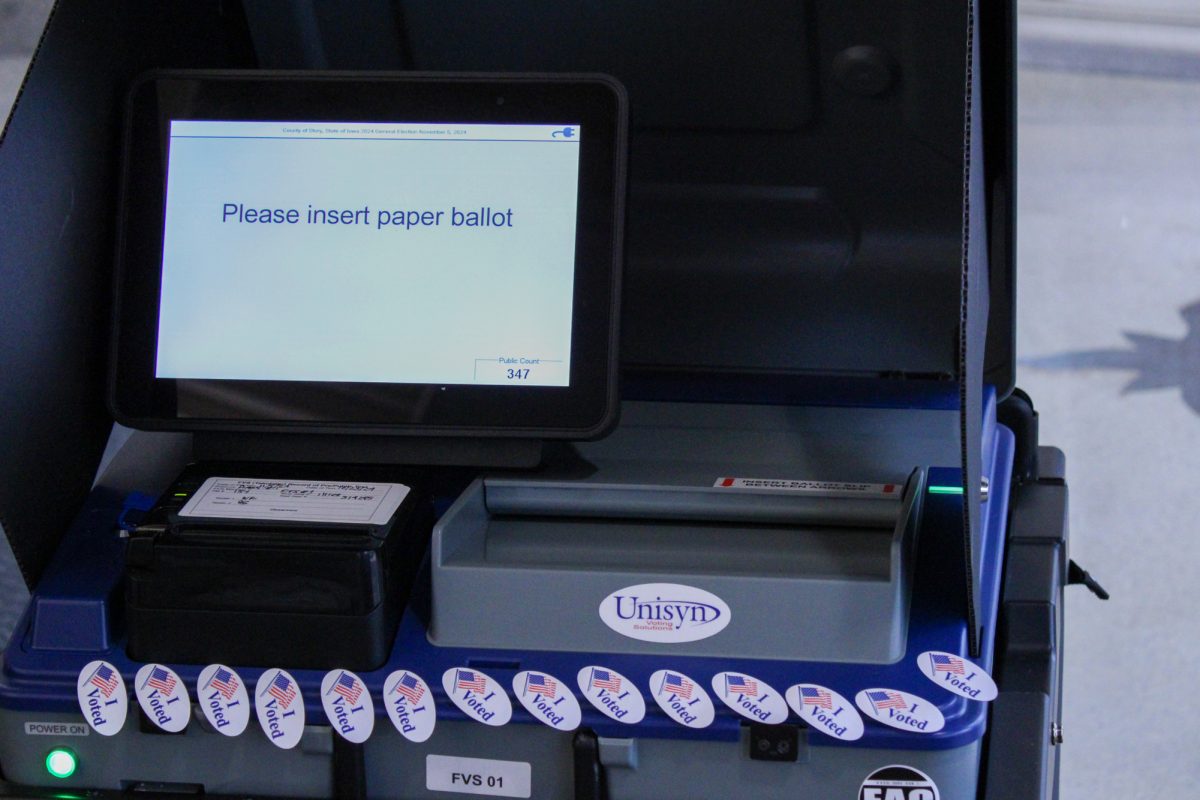Students often skip most important meal of the day
August 28, 2000
The phrase “eat your Wheaties” should be especially meaningful to college students. Eating breakfast before heading off to class makes students more alert, improves performance on tests and even aids in weight loss, said Jolene Wolf, a registered dietitian at Mary Greeley Medical Center, 111 Duff Ave. “Breakfast gets your engine started,” Wolf said. “If you do not eat breakfast, your body thinks that it is starving, and keeps your metabolism down.” This causes fatigue, makes concentration difficult and facilitates weight gain, she added. In spite of evidence favoring breakfast, few students are taking the time to wake up before classes to eat their first meal of the day. In a study reported in the Journal of American College Health, less than 10 percent of college students surveyed said they ate breakfast. Judy Trumpy, assistant manager at the Wallace-Wilson Dining Center, said the number of ISU students who eat breakfast is definitely less than numbers at other dining service meals. While the dining services recognize the importance of breakfast, Trumpy said there is no “out-and-out campaign” to promote breakfast at ISU dining halls. “We leave it up to the students,” she said. Susie Gray, undecided sophomore, said she eats breakfast almost every day. “When I wake up, I’m starving,” she said. Gray said when she does not eat breakfast, she feels tired. Logan Rinehart, freshman in forestry, doesn’t eat breakfast as often, because he is tired in the mornings and “wants to sleep in.” For Emily Timmer, junior in biology, eating breakfast is a way of controlling what she eats. Timmer said that if she does not eat breakfast, she becomes hungry and eats junk food during the day. Registered dietitian Jean Sneed, associate professor of hotel, restaurant and institution management, said food service operations need to “respond to the lifestyle of college students” by being flexible and offering a variety of foods. Trumpy said a typical breakfast at ISU dining centers includes a variety of juices, fresh fruit, eggs, pancakes, rolls, sausage or bacon and 25 kinds of cereal. Sack breakfasts also are offered. These include easy-to-eat items that students can pick up on the way to class. While an ideal breakfast would encompass several food groups including dairy, carbohydrates, protein and fruit, even non-traditional breakfast foods are okay, Wolf said. “It could be left-over cold pizza from the night before,” she said. “Anything is better than nothing.”






